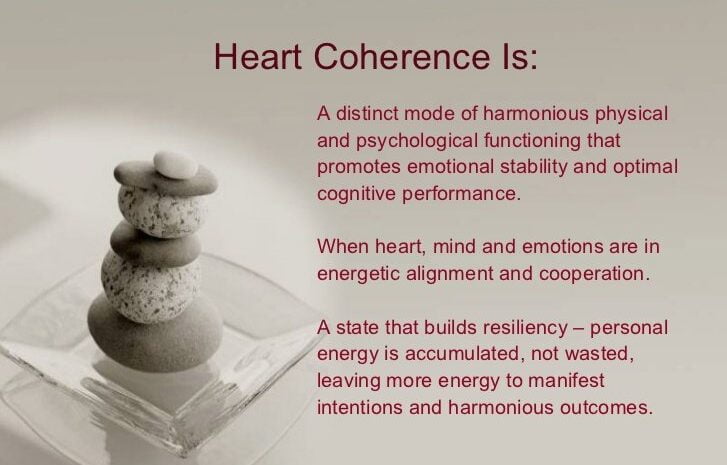Q
So where did it go wrong?
Are we really everything of who we are? Did we have a choice in our current behaviours, good or bad?
You are who you are because you were created that way. Your external environment as you were growing into this world shaped you, for the most part, to who you are today. You are a victim/champion of your own circumstances. We are ever-changing and evolving but our main behavioural programmes were put in place a long, long time ago.
Learnt Behaviour
In society as children we are surrounded by many influential models, such as parents within the family, characters on children’s TV, friends within our peer group and teachers at school. These models provide examples of behaviour to observe and imitate, e.g. masculine and feminine, pro and anti-social etc.
Children pay attention to some of these people (models) and encode their behaviour. At a later time they may imitate (i.e. copy) the behaviour they have observed. They may do this regardless of whether the behaviour is ‘gender appropriate’ or not but there are a number of processes that make it more likely that a child will reproduce the behaviour that its society deems appropriate for its sex.
First, the child is more likely to attend to and imitate those people it perceives as similar to itself. Consequently, it is more likely to imitate behaviour modelled by people of the same sex.
Second, the people around the child will respond to the behaviour it imitates with either reinforcement or punishment. If a child imitates a model’s behaviour and the consequences are rewarding, the child is likely to continue performing the behaviour. If parent sees a little girl consoling her teddy bear and says “what a kind girl you are”, this is rewarding for the child and makes it more likely that she will repeat the behaviour. Her behaviour has been reinforced (i.e. strengthened).
Curabitur varius eros et lacus rutrum consequat. Mauris sollicitudin enim condimentum, luctus enim justo non, molestie nisl.
Peter Bowman
Timeline
We were born only with two fears, falling and loud noises. Our brain function is limited to that which we need to survive.
Between the ages of 0 to 8 we are like a sponge and as the above suggests, absorb the immediate external world and learn from it how to act and behave in similar situations. So for example, if a boy of 3 years old observes his father hitting his mother then this goes in as acceptable behaviour, as long as there aren’t already stored behaviours on how a husband should treat a wife, the boy is now learning this. If no new behaviour comes along to challenge this belief during this period then that programme will be installed. The opposite is also true, if the same boy was around a father who was kind, strong, loving and respectful to his wife then that boy would learn this behaviour is appropriate and therefore would install it.
We don’t have the benefit of wisdom and experience at this age so, good or bad, we learn from those around us.
Between the ages of 8 to 12 we are forming the ability to be critical, judgemental, analyse and recognise that we now have a pattern of behaviour we can call our own so any new behaviour is checked to see if we already have a response and then either accepted or rejected. Not many new behaviours are absorbed during this period.
From 12 upwards our behaviours are all in place and we are ready to face the world!
Can Behaviour be Changed?
Yes! If you identify an unwanted behaviour it’s because you have simply learnt it, and it can be unlearnt. If you really think about why you do something that is no longer desired then you will be able to trace that behaviour/action to a point of where it was learnt. With hypnosis we can access the part of you where the behaviours are stored and change/replace your unwanted behaviours/habits to more desirable/wanted ones.
So if there’s something you want to change, then get in touch and we can talk about it.


